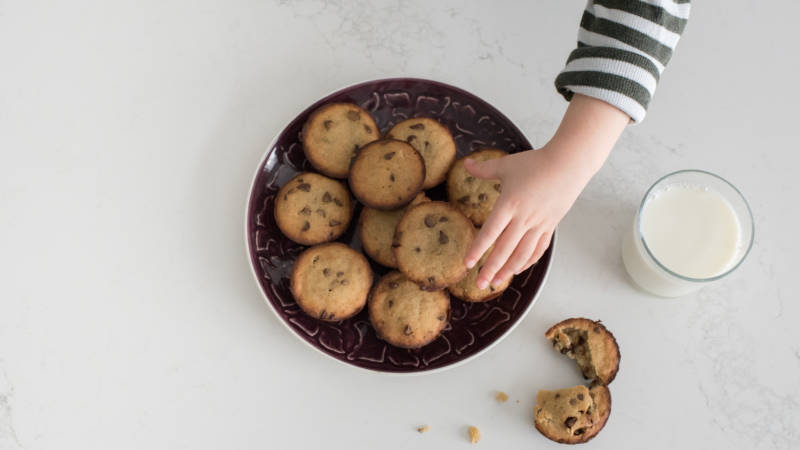Any kid with a cellphone or social media account is likely to be following one or more of thousands of social media influencers who regularly post about what they do, what they like and what they eat.
Generally, these are people in their 20s who are successful, outgoing, positive, energetic and "highly appealing" to the younger crowd, according to Anna Coates, a doctoral student at the School of Psychology at the University of Liverpool in the U.K.
Coates wanted to know just how much kids' diets could be influenced by these video bloggers. So she and her colleagues conducted a study involving 176 children ages 9 to 11. The kids were divided into three groups. All the groups were shown images from real YouTube videos posted by popular vloggers in the U.K.
One group viewed vloggers who were not eating but holding an iPhone or sneaker, for example. Another group viewed images of vloggers eating healthy snacks like fruits or carrots. The third group viewed images of junk food being consumed, which included items like Mars chocolate bars, chocolate biscuits, and cookies.
After viewing the images, children had 10 minutes to choose between healthy snacks (carrot sticks and grapes) and unhealthy snacks (jelly beans and chocolate buttons). Watching the social media influencers consume healthy snacks did not make a significant difference in which foods — or how much — the children chose to eat after viewing the images.
